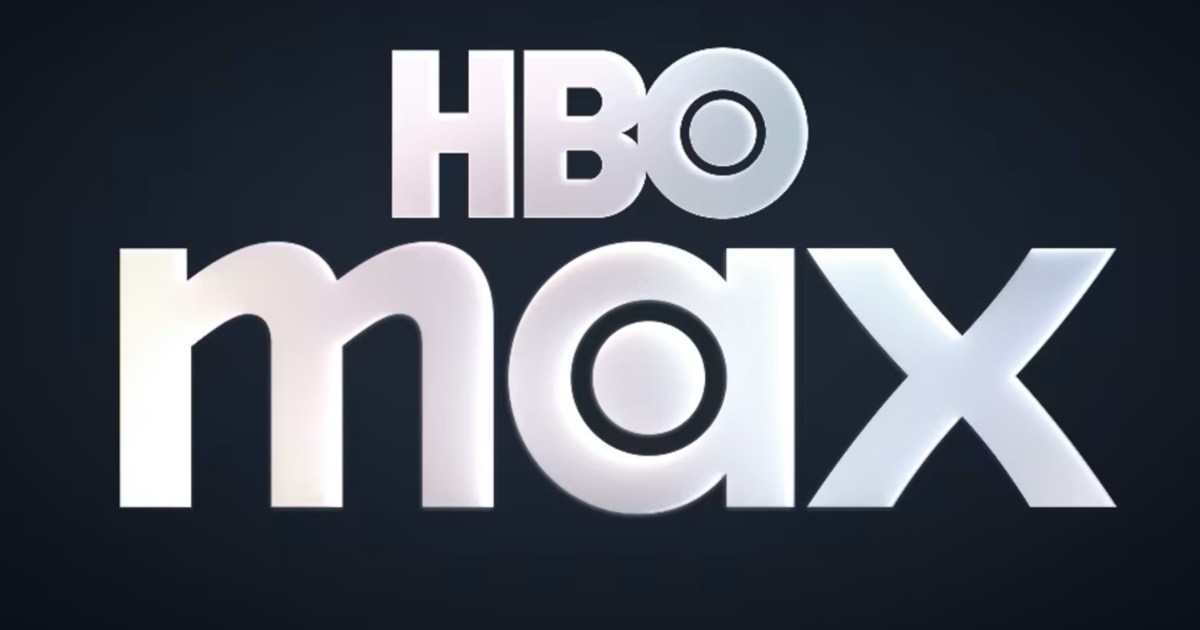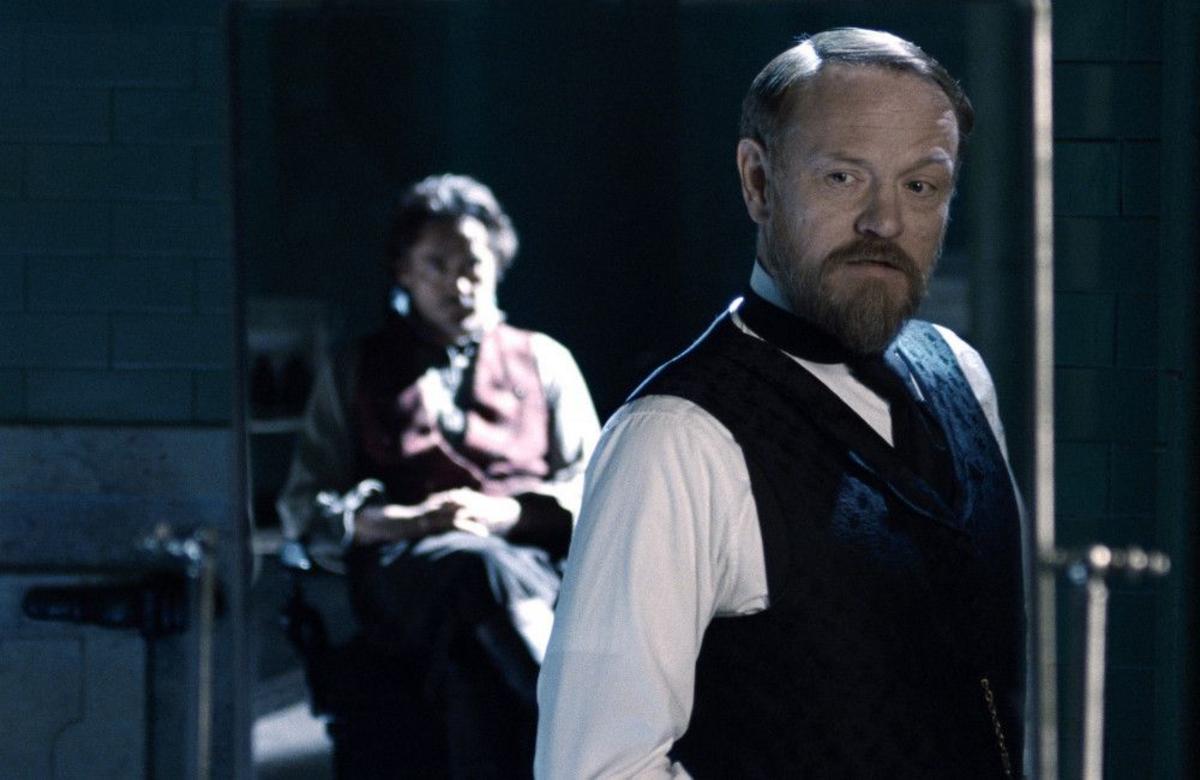Last week, I was at Websummit Vancouver, looking to make connections, find like-minded individuals and leter people know about HNMAG. I got the word out, and managed to find someone working in film. Maybe not the Canadian film industry, but sometimes I gotta step out of my comfort zone or wheelhouse, or maybe even linkhouse if that’s what one would call it. Anyways, this particular individual is Dave Siegfried, the CEO of Official AI. Official AI is a new startup business with the intention to proect the AI name, image, and likeness of any celeb, influencer, or anyone at all, really. He was in Vancouver for the time being and I’m sure he’s been throughout Canada too. So while he was in our neck of the woods for a while, I got a chance to speak to him and learn about this service.
There’s a lot of important factors with AI given actor’s consent and how it changes the business. So how is Official AI helping protect celebrities both dead and alive? Find out in this 100% Genuinely answered interview with 0% AI assistance (contrary to the pictures).
HNMAG: So tell me, how does Official AI protect a celeb and or influencer’s image?
Dave Siegfried: Yeah, so Offiical AI empowers people, whether you’re a celebrity, an athlete, or someone like myself to create content using their likeness. Protecting their name and image, their voice, and partner with brands that are looking to create authentic AI images and video. We provide that consent mechanism, first and foremost through what we call a vault. When you’re onboarding to our platform, we create a blueprint of you as an individual. We can do that with people, or objects and make 10 images. We create that diagram and then that remains in your vault. You as a rights holder determine when that vault is unlocked. Like when can anybody collaborate with you? and from there, it can be leveraged, once you give consent to create images or video. You can collaborate with others, they request permission, you can deny or give them permission. It allows you to collaborate on content together, and then ultimately decide ‘Does this get used anywhere?’ ‘Does it leave the platform?’ ‘Can it be used for what purpose?’ and we facilitate that usage by coding it with providence technology, which is just a fancy way of saying “Audit Trail to manifest”. Synthetic Materials can still be used if you tie it back to the individuals who gave it to you for its intended use.
HNMAG: And what are some the biggest hurdles you have to overcome while doing so?
Dave Siegfried: So many. With such macent technology, I think initially it’s moving past the fear of generative AI which I think we’ve come a long way. We’ve been building for a year and a half and we first started the company, we saw protecting one’s likeness and enforcing existing laws run by publicity as a way to ensure consent. Even though copyright is in question when it comes to generative AI. The most difficult part at first is getting people to talk to us about it. It was during the US-based SAG-AFTRA strikes, the Writer’s Guild Strike, and everyone had a valid reason to be concerned. Artist’s livelihoods were being threatened, like no one knew the path forward, but we saw this huge technology tsunami that was unstoppable. Initially it was getting people to talk about it, and moving past the anger and to curiosity. I think that’s where we are now, people are genuinely curious, how do we do this in an ethical way? What’s the equitable approach towards generative AI to ensure art can thrive?
HNMAG: A lot of actors don’t consent to being copied like that. But are there any who are okay with it?
Dave Siegfried: Yes, a lot who are exploring. We have many people who create a vault, and then use it for their own purposes. But the outside world does not see that content, and I think that’s natural. I guess human beings are moving past that fear into curiosity, we want to see how this is working.
Last year, Dave attended a conference about AI in LA, and explained how 10 out of 10 people were using generative AI but not discussing it outside of their work.
HNMAG: And how is AI consent for actors changing the business?
Dave Siegfried: I think people are more aware of it, there’s always been a risk. If you go back to the Matrix movies, the actors involved in those movies were at a point asked to give up their rights for future use and at the time it wasn’t generative AI that the people were concerned about. I think the industry saw the future, and realized technology would get to the point where people would be replicate someone’s name, age, and voice. It’s documented that those discussions took place and pushed back and retained the rights. I think it’s been a concern, pre-generative AI, I mentioned that because I think the awareness is far greater now. We as regular people understand the risk and potential, so I think it’s a conversation that has pro-actively helped today. More than you’d think, whereas a few years ago an agent or attorney may not have understood the ramifications or could even have imagined the technology or how it could have been used. I think it’s good that we’re having these conversations at the forefront, but it’s proactively progressing over the years.
HNMAG: Have there been more advantages or disadvantages to AI in the business?
Dave Siegfried: I think of this in terms of risk reward. There’s a LOT of risk, and that’s easy to see. But at the same time, there’s a lot of potential upside today and moving forward. Some of which are in ways I don’t think we could realize. An example of that can be actors who are no longer with us, like legacies and estates. We work with Humphrey Bogart estate, we’re in discussions with other estates where the estate itself can only generate new revenue which was the intention when that estate was set up, by the actor or actress. They can only generate revenue if they have the flexibility to generate new IP and provide that authenticity. But I do think there are opportunities across the spectrum for actors today that are meaningful and positive.
HNMAG: Yeah, you mentioned one of your clients is the Humphrey Bogart estate. What do you do in helping protect Humphrey’s AI, and why do you do it?
Dave Siegfried: The biggest thing that we’ve done today is provide them with that safe harbour. They see the need, they see the opportunity and people again are really curious on how to do this in a way that’s respectful to the people that are no longer here. They want to protect that IP and so a safe harbour is where I think most of the world is today. Then allowing them to experiment in new ways, telling stories to their audience. Getting feedback, and finding the best way to use Generative AI, to compliment other content, other storytelling.
HNMAG: What do you hope to get out of it?
Dave Siegfried: Well on one side, I hope I’m building a company that’s long lasting and makes meaningful change. The more qualitative personal level, I want to protect artists. My first startup would be representing musicians around the world, and I’d place their music in film and television and video games. We always knew it was difficult to do so, and we learned often times that their music copyright was being misused, so we developed technology to help protect them.
He explained the reason it was all created is because art is critical to all of humanity. He likes art as much as the next guy, and I gotta say his company is doing the right thing with protecting people. But I wanted to know more about the importance of protecting art from the wrong forms of AI.
HNMAG: Why does this matter now?
Dave Siegfried: As people we understand each other through art, it’s a lens that connects us. That’s why I’m obsessed with it, it’s where my passion comes from. That’s why I think we’re making a meaningful difference alongside making a company. It’s critical that we protect the artists who allow us to tell stories now and in the future.
HNMAG: What does one need to be a client of yours?
Dave Siegfried: You need to be able to provide consent, that’s ultimately what the most important part of it is. Do you own the right to the intellectual property that you want to leverage? It’s why we don’t let everyone onto our platform. We use verification to ensure that it’s really you.
HNMAG: Have you gotten any Canadian clients?
Dave Siegfried: Yes.
HNMAG: Will you be branching out to other industries in hopes of protecting the likeness of other kinds of people?
Dave Siegfried: Ultimately, I think everyone should have the right to protect their name, image, likeness, and voice, and use it as they see fit.
HNMAG: And what’s your biggest hope in running this business?
Dave Siegfried: I guess my biggest hope is that we’re successful. If we’re successful then we’ve made a meaningful impact and the world a better place.
I have the same hopes as Dave, and I hope AI continues to be embraced. While fellow writer Mandy Bular tends to use it for imagery and cover photos, I certainly won’t use it for writing, and I hope my own likeness doesn’t get used for some R-Rated movie generated by AI.







